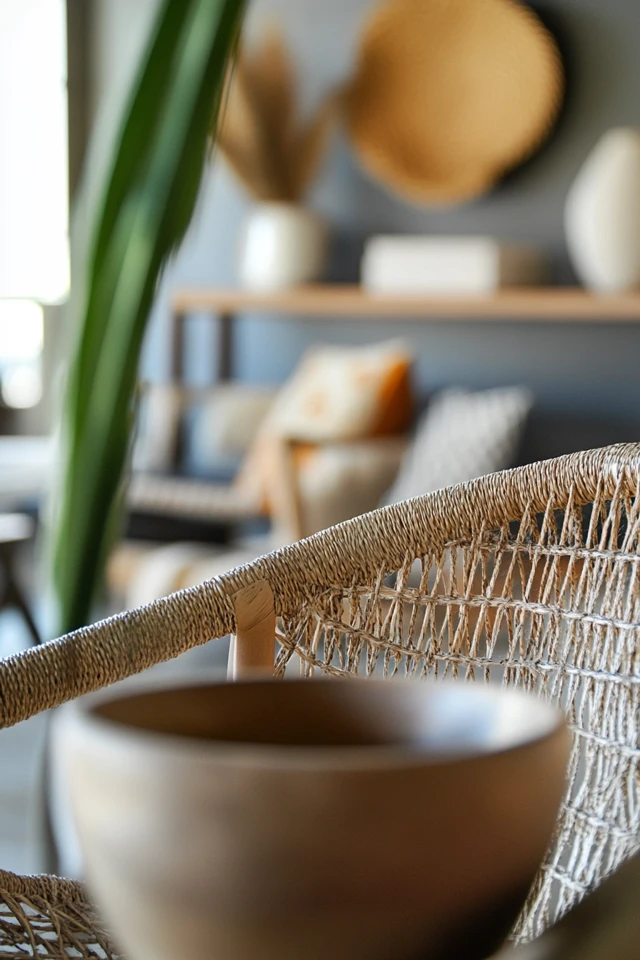Introduction
Mixing and matching styles in interior design is like creating your own signature recipe—you blend a little bit of this, a touch of that, and suddenly, your room feels perfectly “you.” I’ll admit, the first time I tried this, I was nervous. What if combining mid-century modern furniture with boho decor turned into a chaotic mess? But as I layered textures, colors, and contrasting pieces, I found harmony, and my room became a unique reflection of my personality.
Combining styles is about striking the right balance. It’s not about following rules but about creating a space that feels cohesive and intentional. In this guide, I’ll show you how to mix and match styles to achieve the perfect room vibe, blending aesthetics in a way that feels seamless and stylish.
Why Mix and Match Styles?
Key Benefits
- Personalization: Mixing styles allows you to create a room that reflects your unique taste.
- Visual Interest: Contrasting elements bring depth and character to your space.
- Flexibility: A mix of styles ensures your room won’t feel tied to a single trend.
- Storytelling: Combining pieces from different eras or aesthetics tells a story about who you are.
1. Start With a Base Style
Why It Works
A dominant style provides structure and ensures your room doesn’t feel overly eclectic.
How to Do It
- Choose a primary style that resonates with you, like modern, farmhouse, or industrial.
- Make this the foundation for key elements, such as walls, flooring, and large furniture.
- Keep about 70% of the room in this base style to maintain balance.
- Use the remaining 30% to incorporate accents and pieces from other styles.
2. Create a Cohesive Color Palette
Why It Works
A unified color scheme ties different styles together, creating a harmonious look.
How to Do It
- Choose a neutral base—like white, gray, or beige—to anchor the room.
- Add 2–3 accent colors that work across all the styles you’re combining.
- Use color to highlight specific elements, like a bold sofa or colorful art piece.
- Stick to tones that complement each other, such as warm earthy hues or cool blues and greens.
3. Blend Furniture Styles
Why It Works
Combining furniture from different eras or aesthetics adds depth and interest to your space.
How to Do It
- Pair modern furniture with vintage or antique pieces for contrast.
- Combine sleek, minimalist chairs with a rustic wood dining table.
- Use a statement piece, like a bold mid-century modern sofa, as a focal point.
- Balance clean-lined furniture with curved or ornate designs to soften the look.
4. Layer Textures and Materials
Why It Works
Contrasting textures and materials create a tactile, dynamic environment.
How to Do It
- Mix natural elements like wood, leather, and rattan with industrial materials like metal or concrete.
- Use plush fabrics like velvet or faux fur to soften harder materials.
- Incorporate glass or acrylic accents for a touch of modernity.
- Layer rugs, throws, and pillows in different textures to tie the room together.
5. Balance Proportions
Why It Works
Balancing the scale of furniture and decor ensures the room feels cohesive, not chaotic.
How to Do It
- Pair a large, ornate statement piece with smaller, simpler accents.
- Use symmetry to anchor the room—like placing matching lamps on a vintage console.
- Balance heavy, solid furniture with lighter, open designs.
- Avoid overcrowding the space; leave room for each piece to shine.
6. Use Art and Accessories to Bridge Styles
Why It Works
Decor and artwork bring cohesion to a room by subtly connecting different elements.
How to Do It
- Choose art pieces that combine aspects of your chosen styles, like abstract prints with rustic frames.
- Mix decorative objects, like modern vases paired with vintage candlesticks.
- Use pillows, throws, and rugs with patterns that incorporate elements of both styles.
- Add greenery in neutral pots to create a timeless, versatile touch.
7. Incorporate Vintage or Handmade Pieces
Why It Works
Vintage or handmade items add character and authenticity to a mixed-style room.
How to Do It
- Use vintage furniture or decor as conversation pieces, like a retro armchair or antique mirror.
- Incorporate handcrafted items, such as pottery or macramé, for an artisan touch.
- Mix thrifted finds with newer pieces to create a layered, curated look.
- Let vintage items contrast with sleek, modern designs for an intentional juxtaposition.
8. Pay Attention to Lighting
Why It Works
Lighting ties together various elements and sets the overall tone of the room.
How to Do It
- Use pendant lights or chandeliers that reflect one style, like industrial or boho.
- Add table and floor lamps in complementary materials, like wood, metal, or glass.
- Mix vintage and modern lighting for visual contrast.
- Choose warm-toned bulbs to create a cozy, cohesive ambiance.
9. Balance Patterns and Prints
Why It Works
Carefully chosen patterns bring personality to a room without overwhelming the space.
How to Do It
- Pair bold prints, like geometric or tribal patterns, with softer, neutral designs.
- Use one dominant pattern and a few subtle accents to avoid visual clutter.
- Incorporate patterns in small doses through throw pillows, rugs, or curtains.
- Mix organic, flowing patterns with structured, geometric designs for balance.
10. Trust Your Instincts
Why It Works
Your personal taste is the best guide for creating a room that feels authentic and stylish.
How to Do It
- Don’t be afraid to experiment—sometimes the unexpected combinations work best.
- Focus on pieces that make you happy, even if they don’t perfectly “match.”
- Step back and assess the room as a whole—look for harmony rather than perfection.
- Remember, it’s your space—if it feels right to you, it works!
Picture Gallery
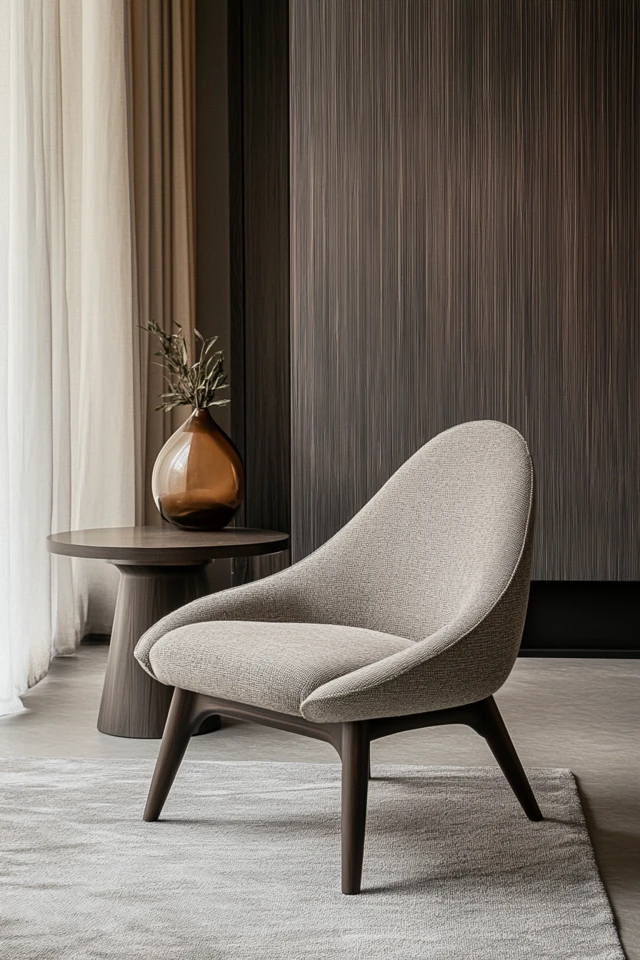
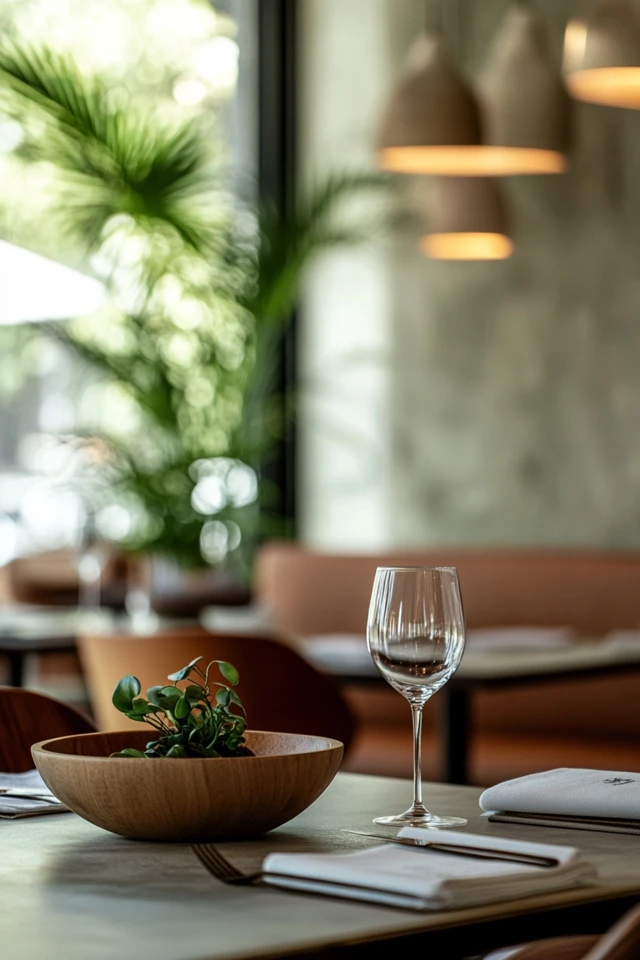
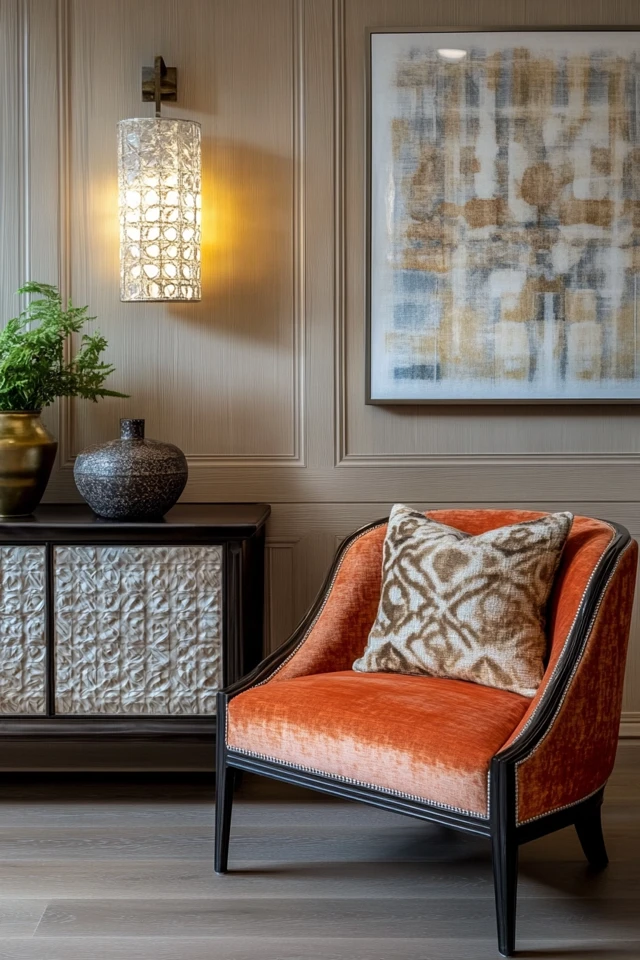
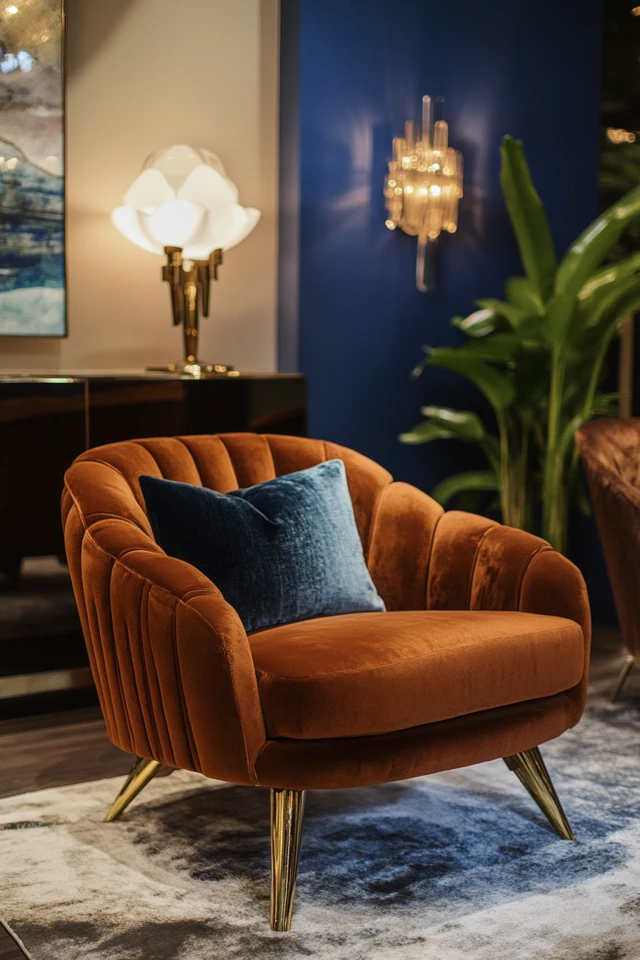
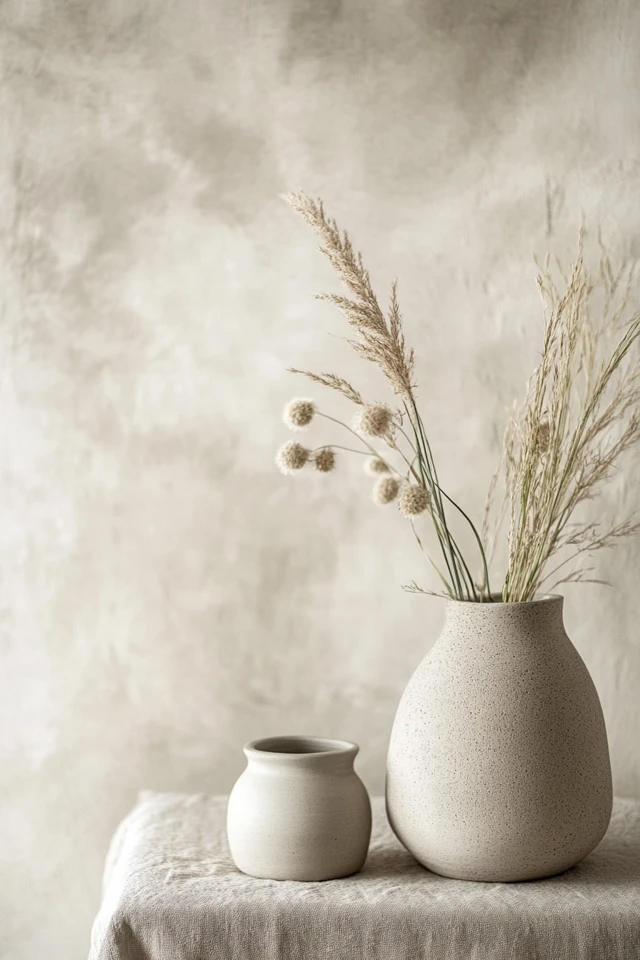
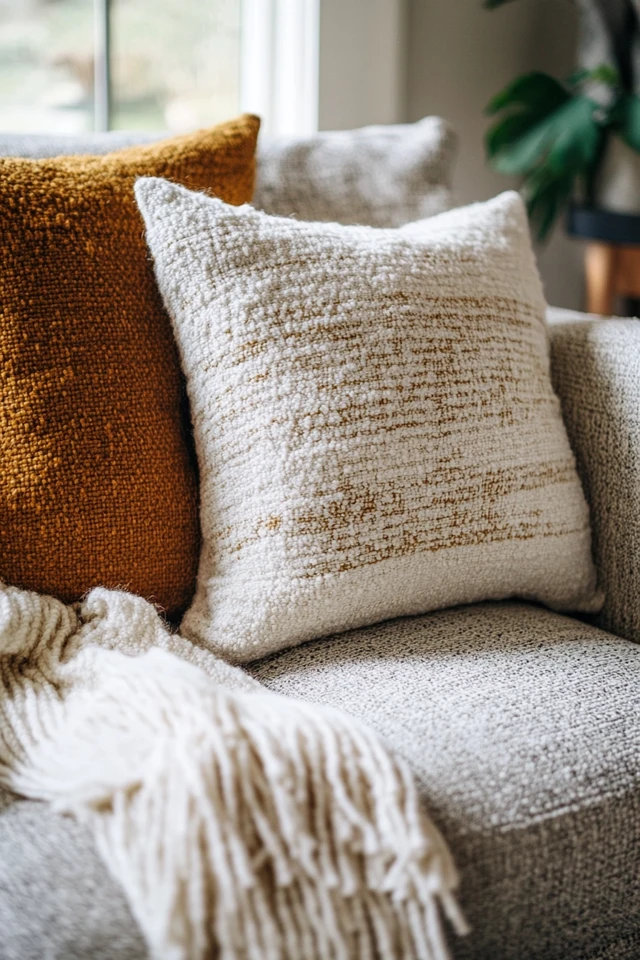
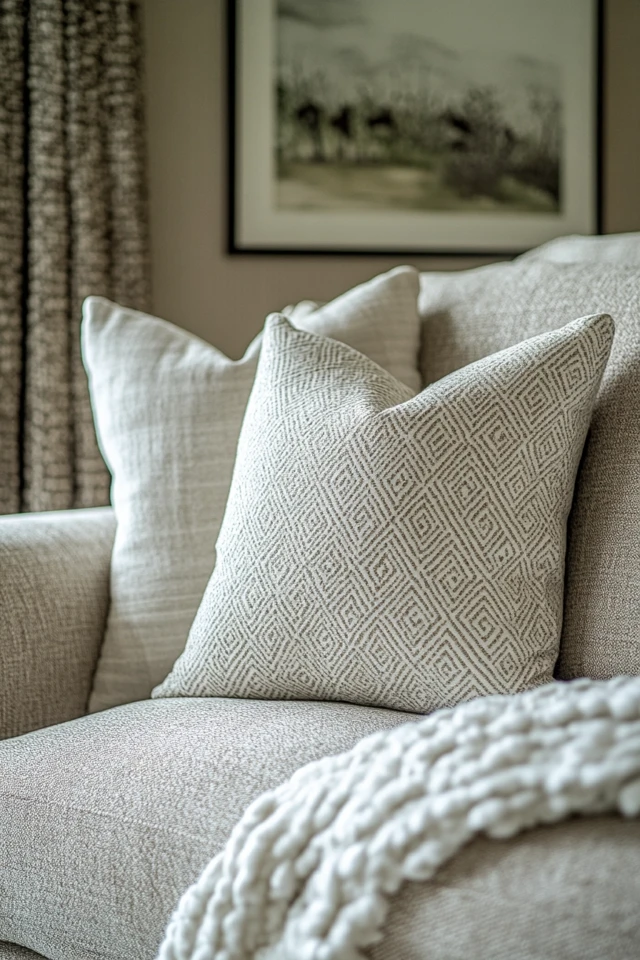
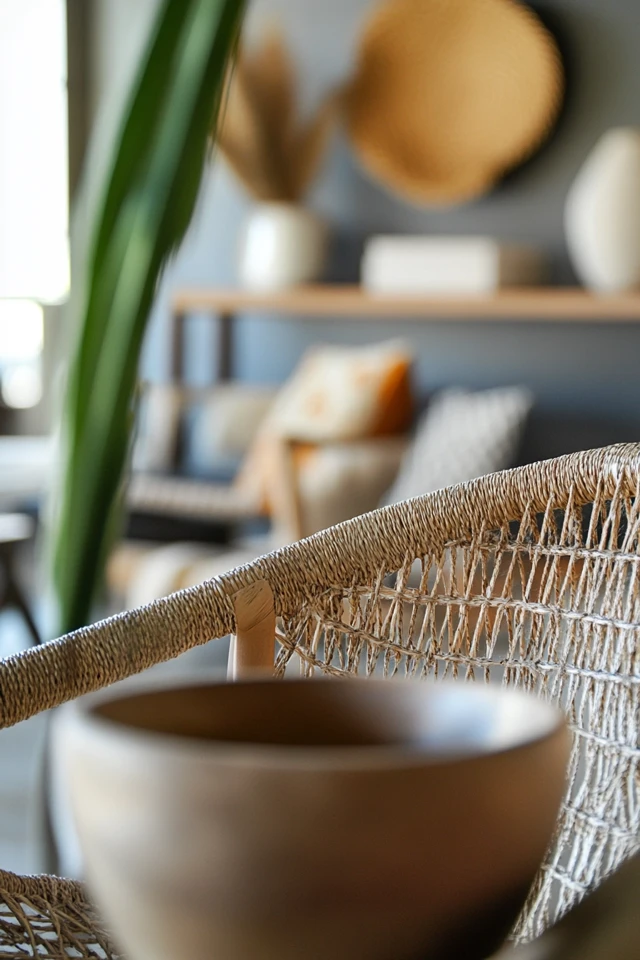
Conclusion
Mixing and matching styles is an art form that allows you to create a room with character, depth, and personality. By balancing textures, colors, and proportions, you can seamlessly blend different aesthetics into a cohesive and stylish space.
What I love most about this approach is its freedom. You’re not confined to one “look” or trend—you’re creating a space that’s as unique and multifaceted as you are. So, experiment, have fun, and let your room tell your story.
FAQ
What’s the easiest way to mix styles in a room?
Start with a dominant base style, and add accents from other styles through decor, furniture, and accessories. A unified color palette will help tie everything together.
How many styles can I mix in one room?
Stick to 2–3 styles to maintain balance and avoid overwhelming the space.
What’s a good way to make mismatched furniture look cohesive?
Use consistent colors, textures, or materials, like matching wood tones or similar upholstery fabrics, to tie pieces together.
Can I mix modern and vintage styles?
Absolutely! The contrast between sleek modern pieces and vintage elements adds depth and character to a room.
What should I avoid when mixing styles?
Avoid overloading the space with too many contrasting elements. Instead, focus on creating harmony through color, texture, and proportion.

